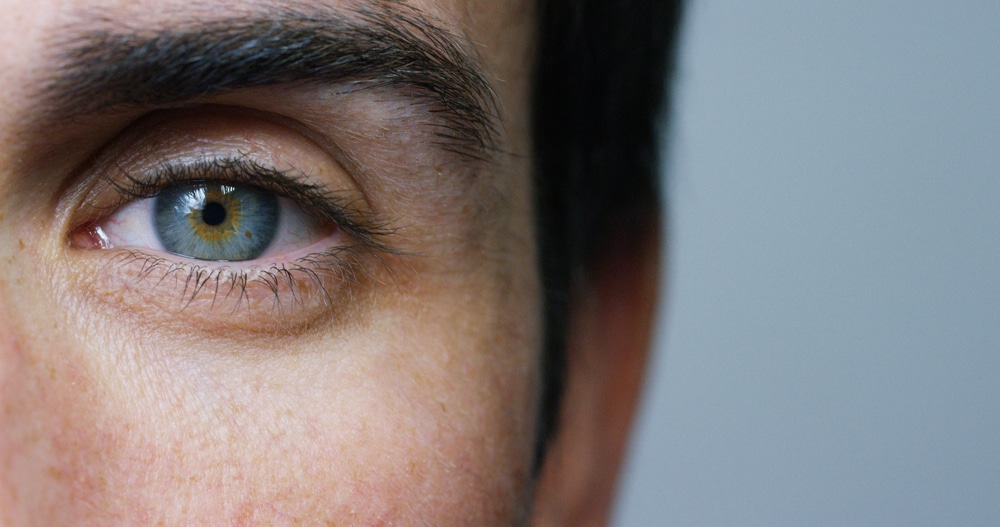
Eyelid ptosis is a medical condition where the upper eyelid droops or sags lower than it should. This can affect one or both eyes and may vary in severity. It is crucial to understand that eyelid ptosis can occur in individuals of all ages, from newborns to the elderly, and it can result from various underlying causes.
Types of Eyelid Ptosis
Congenital Ptosis
Some individuals are born with eyelid ptosis, which is known as congenital ptosis. This condition is usually caused by underdeveloped or weak eye muscles responsible for lifting the eyelids.
Acquired Ptosis
Acquired ptosis can develop later in life due to various factors, such as aging, injury, or medical conditions like muscle or nerve disorders and systemic diseases.
Symptoms of Eyelid Ptosis
The symptoms of eyelid ptosis can vary, depending on its severity and underlying cause. Common symptoms are:
- Drooping upper eyelid(s).
- Reduced field of vision.
- Fatigue or strain from constantly raising the eyelids.
- Difficulty in keeping the eyes open.
- Cosmetic concerns.
Treatment Options
The choice of treatment for eyelid ptosis depends on the underlying cause, the severity of the condition, and individual preferences. Treatment options can include surgical repair, but there are some non-surgical options.
Surgical Treatment
Eyelid ptosis surgery is the most common treatment for moderate to severe ptosis. The surgeon will tighten or reposition the levator muscle to elevate the eyelid. It may also be combined with a procedure called a blepharoplasty to lift the eyelid and remove any excess skin.
Non-Surgical
In milder cases or when surgery is not a suitable option, non-surgical interventions might include the use of ptosis crutches, BOTOX® injections, or eyelid tape.
Book an Appointment
Living with eyelid ptosis is a condition that can impact your quality of life in various ways, from limiting your field of vision to affecting your self-esteem. Make sure to seek professional guidance from Fante Eye & Face Centre, located and serving Denver, CO, and the surrounding communities by calling 303-839-1616.


